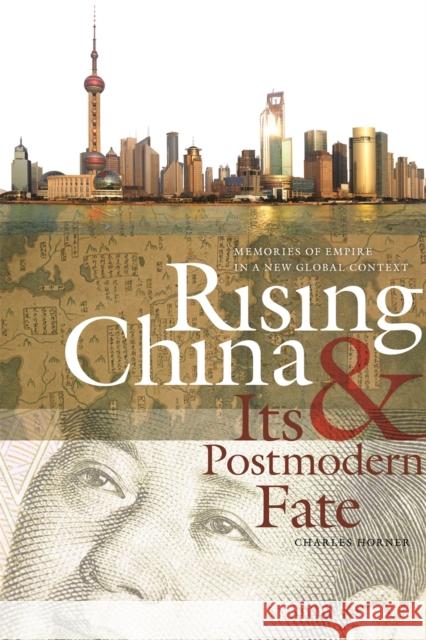Rising China & Its Postmodern Fate: Memories of Empire in a New Global Context » książka
Rising China & Its Postmodern Fate: Memories of Empire in a New Global Context
ISBN-13: 9780820338781 / Angielski / Miękka / 2011 / 240 str.
China's sense of today and its view of tomorrow are both rooted in the past--and we need to understand that connection, says China scholar Charles Horner. In Rising China and Its Postmodern Fate, Horner offers a new interpretation of how China's changed view of its modern historical experience has also changed China's understanding of its long intellectual and cultural tradition. Spirited reevaluations of history, strategy, commerce, and literature are cooperating--and competing--to define the future.The capstone of modern China was the founding of the People's Republic in 1949 and its rejection of Confucianism, capitalism, and modernity. Yet today's rising China retains few vestiges of what Mao wrought. What then, Horner asks, is post-Mao, postmodern China? Where did it come from? How did it get here? Where is it going?Contemporary views of the great periods in Chinese history are having a significant influence on the development of rising China's national strategy, says Horner. He looks at the revival of interest in, and changing interpretations of, three dynasties--the Yuan (1272-1368), the Ming (1368-1644), and the Qing (1644-1912)--that, together with the People's Republic of China, provide examples of great power success.The future of every major country is now connected to China's, and this book explains how China, now seeing itself as the complex and thriving result of the old and the new, is poised to change the world.











